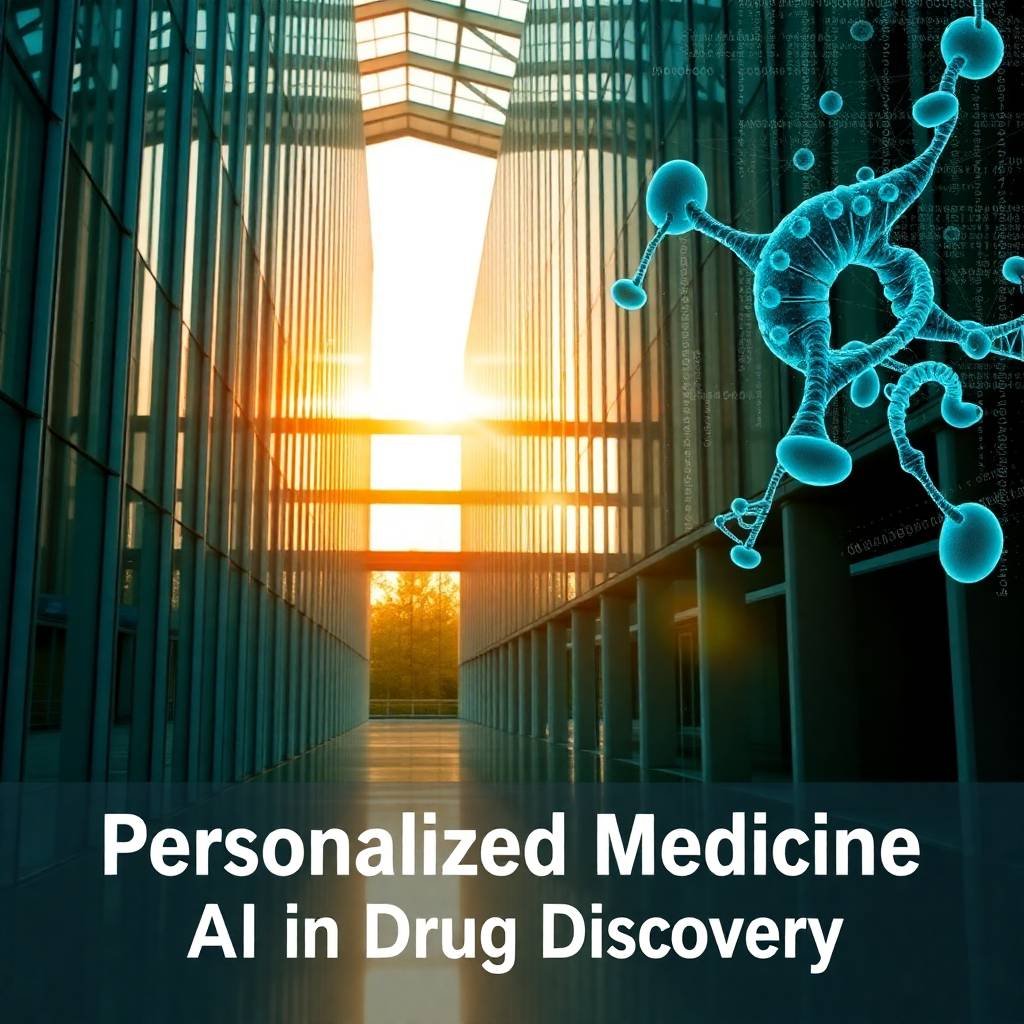In the ever-evolving field of medicine, the shift towards personalized healthcare has opened new frontiers in treatment and therapy. Personalized medicine, which tailors medical treatments to the unique genetic makeup and health profiles of individuals, promises to enhance patient outcomes significantly. At the core of this transformation is artificial intelligence (AI), a technology that is rapidly advancing the drug discovery process.
Understanding Personalized Medicine
Defining Personalized Medicine
Personalized medicine, also known as precision medicine, is an innovative approach to tailoring medical treatment to the individual characteristics of each patient. By utilizing genetic, environmental, and lifestyle information, healthcare providers can create more effective treatment plans that are specifically tailored to a patient’s unique needs.
The Need for Personalized Approaches
Traditional “one-size-fits-all” methods in drug development often overlook the varying responses different patients have to the same treatment. Personalized medicine seeks to address this gap by ensuring therapies are customized to meet the specific genetic and physiological characteristics of each patient. This approach helps in minimizing side effects, enhancing treatment efficacy, and ultimately improving patient outcomes.
The Role of AI in Drug Discovery
Accelerating Drug Development
AI technologies are revolutionizing the drug discovery process by significantly reducing the time and cost associated with developing new therapies. Machine learning algorithms can process and analyze vast datasets to identify promising drug candidates, optimize their chemical structures, and predict their potential efficacy.
Enhancing Drug Target Identification
AI plays a crucial role in identifying new drug targets by analyzing complex genomic data and understanding disease mechanisms at a molecular level. This capability allows researchers to develop more precise treatments that target specific genetic mutations or biomarkers, making therapies more effective.
Predicting Treatment Outcomes
AI helps researchers simulate how a drug will interact with the human body, predicting potential side effects and therapeutic effectiveness. These insights allow scientists to design safer, more effective personalized treatments, ultimately leading to better patient outcomes.
Challenges and Considerations
Data Privacy and Security
The integration of AI in personalized medicine raises significant concerns regarding data privacy and security. Protecting patients’ genetic and health information is paramount, requiring robust data protection measures and stringent ethical guidelines to ensure confidentiality and trust.
Technological and Ethical Challenges
While AI offers immense potential in drug discovery, several challenges need to be addressed. These include overcoming algorithmic biases and ensuring the availability of high-quality data to achieve reliable outcomes. Moreover, ethical considerations arise in ensuring equitable access to personalized therapies and preventing disparities in healthcare delivery.
Addressing these challenges is essential to fully realize the benefits of AI in personalized medicine and to ensure that technological advancements are implemented responsibly and effectively.
The Future of AI in Personalized Medicine
As AI technologies continue to advance, their role in personalized medicine is set to expand further. Future innovations may include real-time data analysis for adaptive treatment plans, AI-driven clinical trials, and more precise predictive models for patient outcomes. These advancements will enhance the ability to deliver tailored healthcare solutions, improving the precision and effectiveness of treatments.
AI is also expected to facilitate the integration of personalized medicine into everyday healthcare, making it more accessible and affordable. By continuing to harness AI’s potential, the healthcare industry can drive significant improvements in patient care and outcomes, paving the way for a new era of medicine that is both innovative and patient-centered.
Conclusion
AI is playing a transformative role in the field of personalized medicine, revolutionizing the drug discovery process and enabling the development of more effective, individualized treatments. By accelerating drug development, enhancing target identification, and predicting treatment outcomes, AI is paving the way for a future where healthcare is tailored to the unique needs of each patient.
While challenges remain, particularly regarding data privacy and equitable access, the integration of AI into healthcare holds immense promise. As technology continues to evolve, AI will undoubtedly drive significant advancements in personalized medicine, improving patient outcomes and ushering in a new era of precision healthcare.

